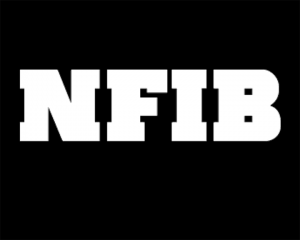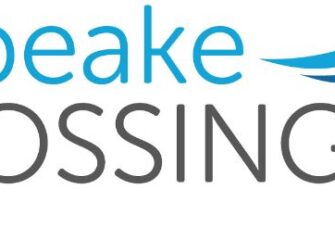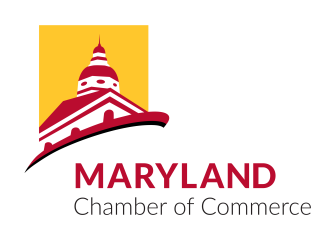
What the Governor signed into law that impacts small business.
Maryland’s General Assembly adjourned early this year for the first time since the Civil War. Despite the shortened session, legislators sent more than 600 bills to Governor Larry Hogan’s desk.
Facing a deadline to veto or allow bills to become law without his signature, Gov. Hogan allowed the following legislation impacting Maryland’s small business owners to become law:
House Bill 123 – Labor and Employment – Wage History and Wage Range
This law requires an employer to provide to a job applicant, on request, the wage range for the position for which the applicant applied. Further, an employer may not seek or rely on the wage history of an applicant when screening or considering the applicant for employment or determining the wages for the applicant.
If the Commissioner of Labor & Industry, after an investigation, determines an employer has violated this law then the employer is subject to a letter compelling compliance on the first violation and fines ranging from $300 to $600 for subsequent violations.
This law takes effect October 1, 2020
House Bill 722 – Labor and Employment – Occupational Safety and Health – Heat Stress Standards
The Commissioner of Labor & Industry, in consultation with the Maryland Occupational Safety and Health Advisory Board (OSHA), must develop and adopt regulations by October 1, 2022, that require employers to protect employees from heat-related illnesses cause by heat stress.
In developing these regulations, the commissioner must consider national standards and hold informational hearings to gather input from interested parties.
House Bill 1444 – Discrimination – Definition of Race – Hair Texture and Hairstyles
This law defines “race,” for the purposes of laws prohibiting discrimination, as including traits associated with race which include hair texture, afro hairstyles, and protective hairstyles. “Protective hairstyles” are defined as a hairstyle that includes braids, twists, and locks.
This law takes effect October 1, 2020.
Senate Bill 523 – Income Tax – Pass-Through Entities and Corporations
This law allows companies organized as pass-through entities (PTEs) to take full advantage of the federal State and Local Tax (SALT) deduction limit and claim a more significant deduction on their federal taxes.
Under the law, a PTE can elect to be taxed at the entity level for the income tax. In doing so, the owner(s) of a PTE can protect the full deductibility of the federal SALT limit – currently $10,000.
This law takes effect July 1, 2020 and applies to tax year 2020 and beyond.
Governor Hogan also vetoed more than 40 bills passed by the General Assembly. Among them are:
House Bill 732 – Taxation – Tobacco Tax, Sales and use Tax, and Digital Advertising Gross Revenues Tax
This bill would have imposed a tax on gross revenues of certain digital advertising.
Tobacco taxes would have also been increased – $2.00 to $3.75 per pack of cigarettes. The tax rate on Other Tobacco Products (OTP) (moist snuff, chewing tobacco, etc.) would increase from 30% to 53% of wholesale value and a sales tax of 12% would be levied on e-cigarettes or 60% for vaping liquids sold in containers of 5 milliliters or less.
House Bill 932 – 21st-Century Economy Fairness Act
This bill would have imposed the State sales and use tax on digital products and codes. Revenue derived from this tax would be distributed to the Blueprint for Maryland’s Future Fund.
Under the bill, digital products included:
- music downloads and audio books;
- downloaded ring tones;
- eBooks;
- downloaded movies; and
- newspaper, magazine, or other periodical subscriptions
House Bill 1300 – Blueprint for Maryland’s Future – Implementation
This bill served as the vehicle for the Commission on Innovation and Excellence in Education’s (aka the Kirwan Commission) policy recommendations to overhaul the state’s public education system.
The Commission’s highlights included universal pre-K for all four-year-old’s, higher teacher salaries, increased career and technical education, and more resources for special education, behavioral health, and English-learning students.
The legislation called for a 10-year phase-in of the Commission’s recommendations at a total cost of ~$32 billion with a $4 billion annual price tag by year 10. Costs would be split between state and local governments.
Governor Hogan cited the economic fallout from the COVID-19 pandemic as reasoning for vetoing the bill.



